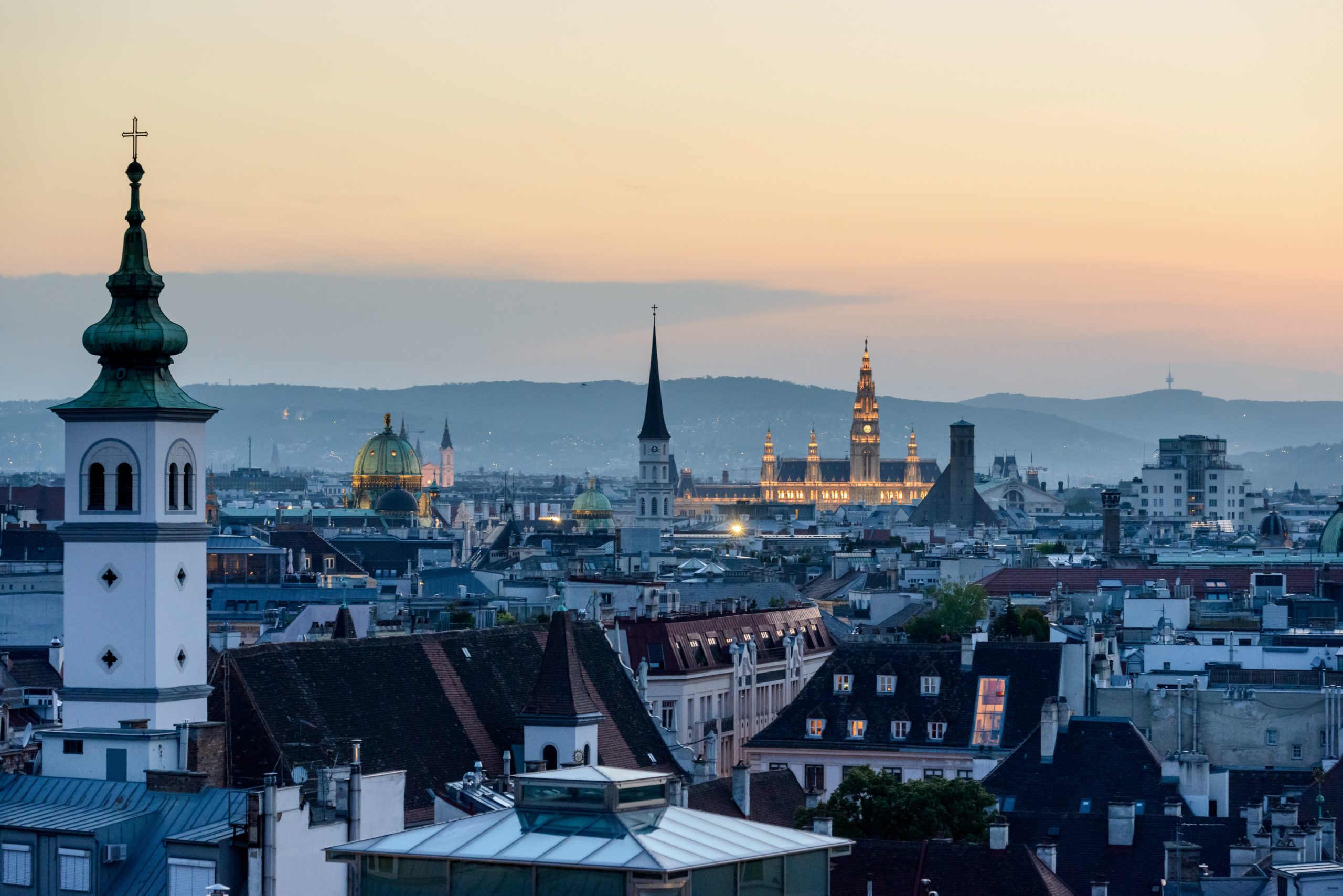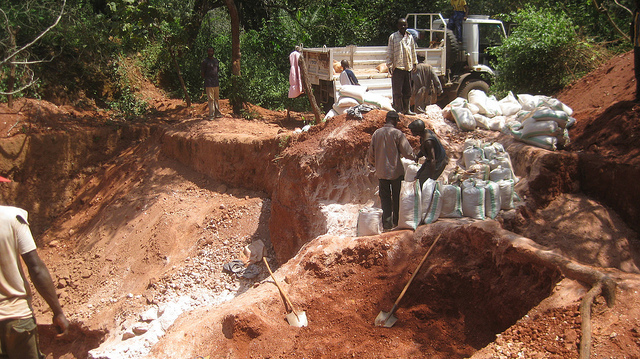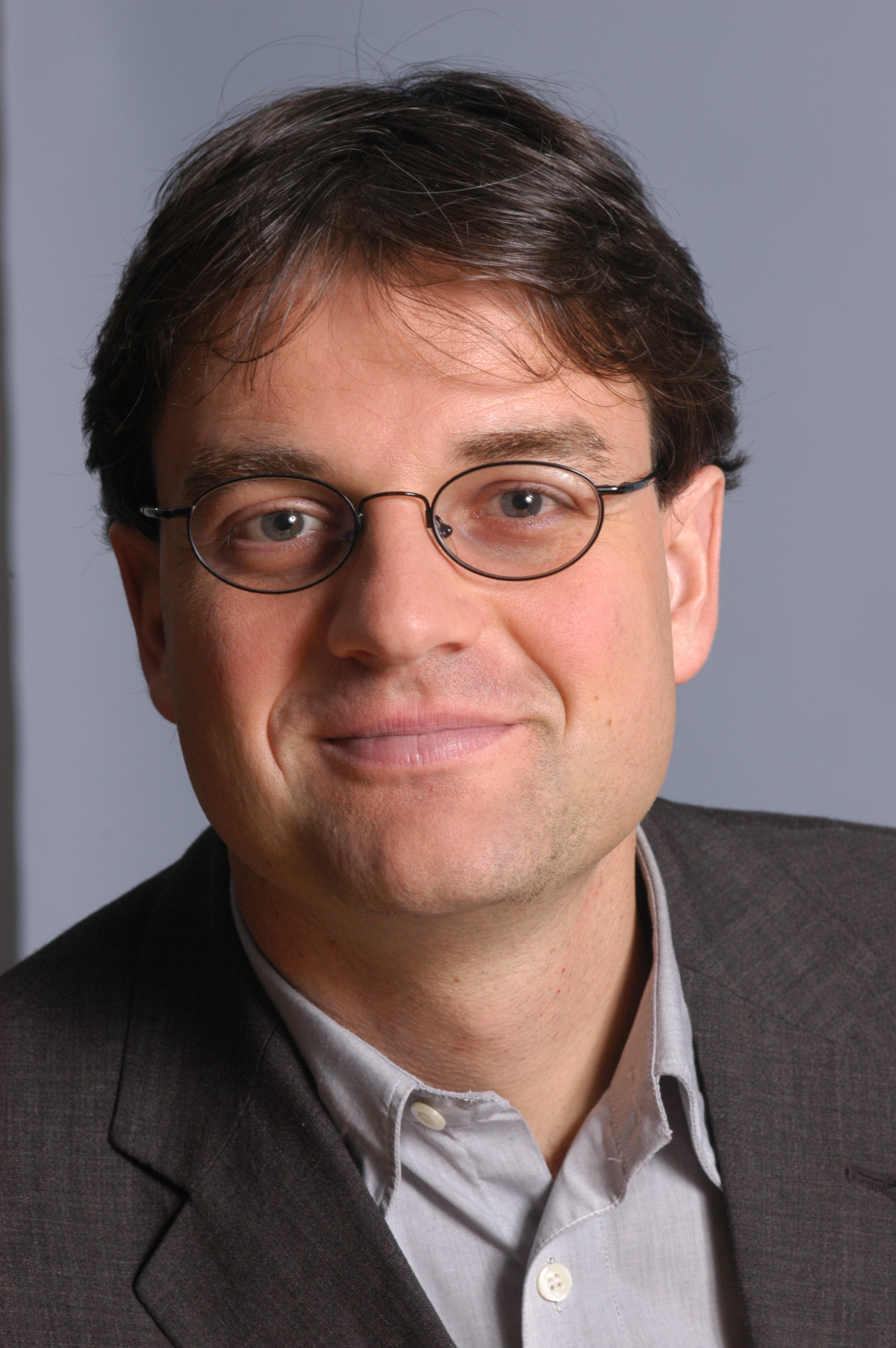In order to facilitate the transition towards a postgrowth or even degrowth economy, further research on alternative ecoomic and social models is utterly important, as we have no working models of non-growing economies at the moment. However, despite the urgency of this matter, progress in this direction is slow. Large amounts of research-funding are directed towards "green growth" and other even less sustainable economic strategies. To provide realistic and truly sustainable alternatives, we have to answer many pressing questions about the viability of non-growing economies. This will not be possible without further research and experiments. For more information and details, please watch this inspiring 15-Minutes TED-Talk by ecological economist Miklos Antal. If you agree with his arguments, please sign and share this petition.

No one really told us what organizing a degrowth conference would entail. We simply knew we wanted to do it. Two years of organizing, meeting, discussing and struggling have passed and now we’re less than seven weeks away from the first day of the conference. The initial motivation we all had in the summer of 2018 has not gone, but it has faltered at times. There have been days when I wo...

How migration relates to the imperial mode of living, degrowth and new internationalism We are currently facing the most severe migration crisis in history. But this is only one dimension of a broader civilizational crisis. Thus, anti-racist movements should not focus solely on issues of human mobility rights, but also build new paths of solidarity with societies in the geopolitical Global Sou...

By Ulrich Brand “Business as usual” is the motto of ruling politics nowadays. The dominant public discussions and policies are staged as necessities and unavoidable adaptions to an austerity policy which is apparently without alternatives. We are assured that rising poverty-rates, the redistribution of wealth from bottom to top and the cutback of social rights and democracy are only te...